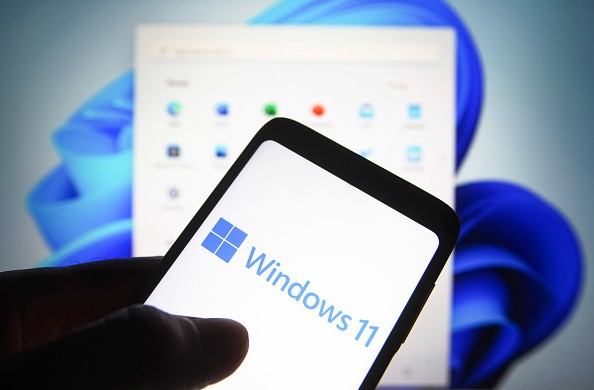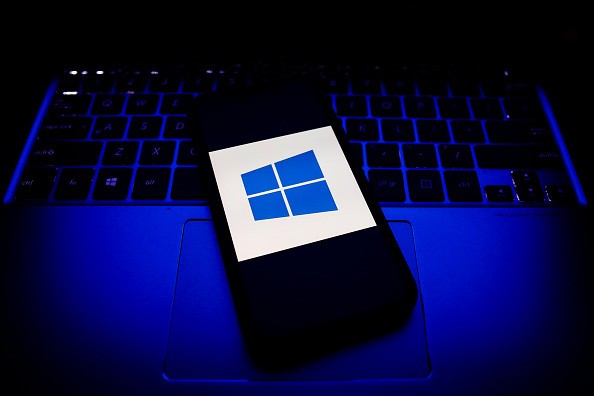Windows 11 seems to remain troublesome even close to its imminent release. Especially for people whose devices might not meet Microsoft's stringent hardware requirements.

In a report by TechRadar, the problematic Health Check app from Microsoft has reportedly been made available to download yet again. People are reporting issues with the app to this day.
Aside from that, the now-released Windows 11 beta installer is also proving to be too much trouble for people.
According to The Verge, there's a pop-in message that shows up informing users that if they continue with trying to install Windows 11 despite their device not meeting the system requirements, the system won't be getting official updates and support.
Furthermore, they will also have to sign a waiver which, if you sign by pressing the "Accept" button, any damages done to your PC due to compatibility issues won't be covered by the device's manufacturer warranty.
When Windows 11 was first revealed back in June, it showed a lot of great additions and changes compared to Windows 10. But it also stirred up some controversy when Microsoft revealed its TPM 2.0 requirement.
It meant that even if your PC does have substantially powerful hardware for Windows 11, it still might not be able to run the OS just because it's lacking TPM 2.0 (either hardware-wise or via a BIOS setting).
Microsoft is set to release Windows 11 to all supported devices on October 5.
Windows 11 Early Issues
Windows 11 is launching roughly two weeks away from the time of this writing. But it seems like it's already had so many problems before it has even hit the market. Is it still going to be worth upgrading?
With this manufacturer's warranty debacle, there are a few things that need clarification. For one, running software that's incompatible with the hardware doesn't always cause physical damage to a device as a whole. Sure, it still happens, but most of the time it's an isolated incident.
If a software like Windows 11 won't be compatible with a specific PC, chances are the computer will simply refuse to install it.
Still, it would be best in your interest to not go against an official notice like this, if you really don't want to have major problems on your hands. As they always say, "better safe than sorry."

The 'Increased' Security Could Be Worth The Upgrade Alone
Microsoft was forced to explain their TPM 2.0 requirement when people started asking questions. It was a good thing, because they somehow cleared things out.
For instance, the company stated that the requirement is there in order to beef up the security of the OS. The purpose of the TPM 2.0 is to store and protect sensitive data such as user credentials and encryption keys using a hardware barrier. Since it's hardware-based, hackers couldn't get to this sensitive information without physical contact with the computer itself.
Given how Windows 10 has had multiple security issues in the past, this is a welcome change.
This article is owned by Tech Times
Written by RJ Pierce
ⓒ 2025 TECHTIMES.com All rights reserved. Do not reproduce without permission.




